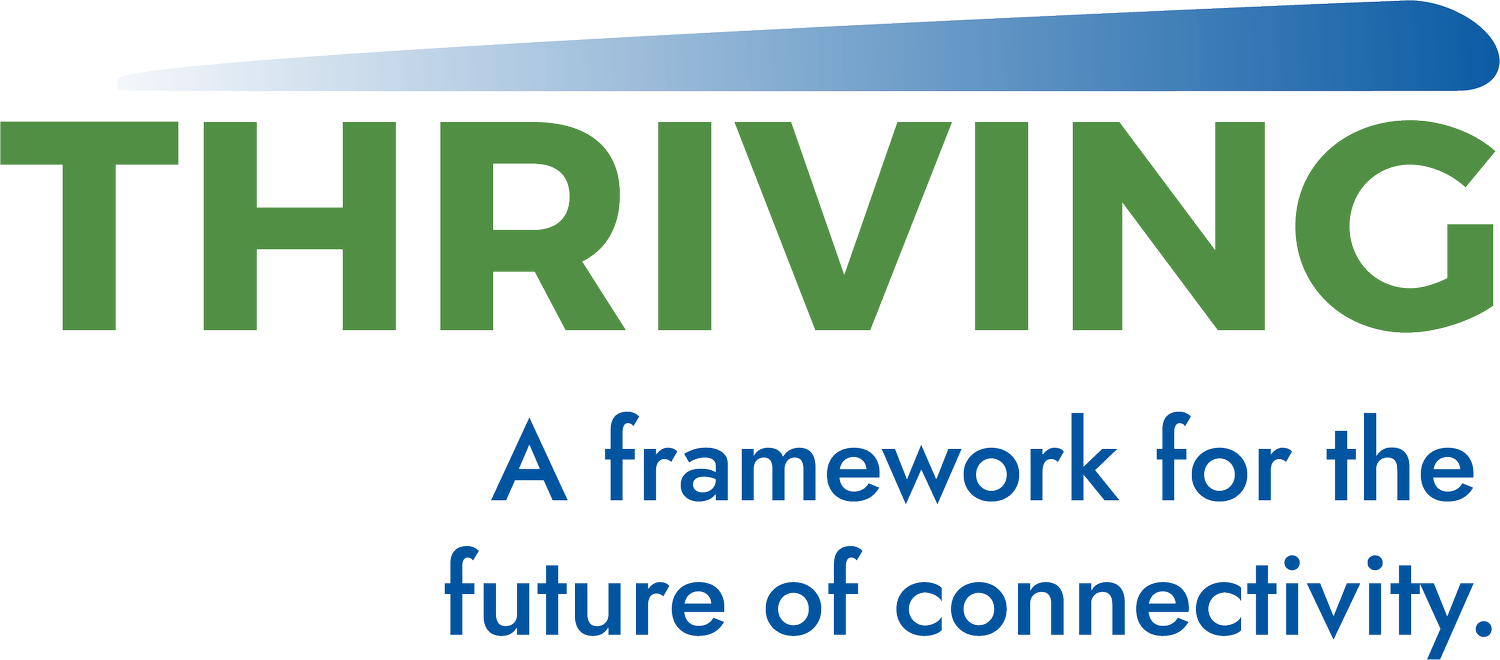Recommendations & Strategies
The Transit Master Plan DRAFT recommendations and strategies are ready for your review. We welcome feedback on what is working, what is missing, and what feels out of place.
How did we get here?
Creating access does not happen by accident. Throughout this planning process, the project team has joined insights, best practices, and community and stakeholder input to develop a set of recommendations and strategies to guide The Rapid over the next 20 years.
DRAFT Recommendations and Strategies
The project team has identified six primary recommendations. Within each recommendation are groups of strategies.
Below is an overview a few example strategies within each recommendation. The Transit Master Plan will include all strategies and evaluate them using criteria described in the following section.
Community Awareness and Education
Develop a community ambassadorship program
Develop community “adopt-a-stop” program
Develop local artist bus stop/placemaking design program
Partner with schools to develop a youth education program
Transit Oriented Development
Develop transit-oriented real estate development guidelines
Develop mobility hub standards and policies
Develop transit-supportive streetscapes and roadways design guidelines
Study Rapid-owned assets/site redevelopment potential
Existing Service Improvements
Bus Rapid Transit
Bus stop design
Extend service hours
Guaranteed ride home program
Innovation and Technology
Develop Zero Emissions Bus (ZEB) transition plan
Improved fare structure and regional fare coordination
Microtransit and paratransit software and technology
Real-time information displays and dynamic wayfinding
Future Service Expansion
Study expanding service area
Study light rail / commuter rail
Study regional connections and/or commuter rail
West Michigan Express pilot along Chicago Drive
Regional Partnerships
Align mobility solutions with regional economic development strategies
Develop service expansion standards
Develop strategies to better utilize existing transportation infrastructure
Study regional mobility and land use needs
Evaluation
In the Transit Master Plan, each of the strategies will be evaluated based on:
-
The strategy can be implemented using…
1) Existing funding
2) Acquiring funding by applying to competitive grants
3) Pursuing long-term sustainable funding sources for operations
-
Ongoing: Currently underway
Near term: Less than 5 years
Mid-term: 5-10 years
Long-term: 10+ years
-
Some strategies would require additional Rapid staff to pursue long-term
-
Each strategy will be given an estimated cost to help with planning and visioning
-
Some strategies may require the development of local and regional partnerships
-
Each strategy is measured back to the Rapid’s guiding principles: Community, growth, convenience, internal workforce, and adaptability


